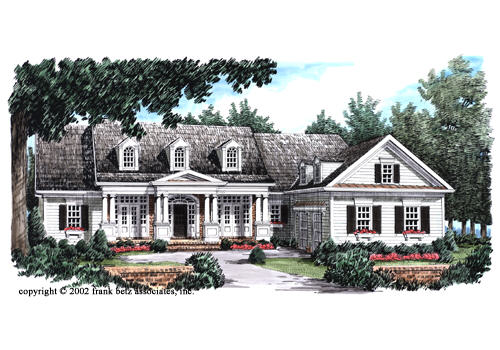Preparing to purchase your first home is usually a thrilling experience. However, when looking at the process as a whole, it can seem a bit overwhelming. Taking it step by step makes the process much easier. A checklist for first time home buyers can help move from creating a sensible budget to finding a suitable home within that budget and finally, to signing the mortgage.
First Time Home Buyers Checklist
- Know what you can afford and manage the budget.
Nothing is more important to the first time home buying process than accurately assessing how much home you can afford and calculate a mortgage that fits within your budget. A mortgage of not more than 2.5 times your household gross yearly income is a nice benchmark. Consider your financial scenario and factor in any of you and your partner’s current debt.
Remember, owning a home is a commitment, and you must plan to live in it for about five years to receive the benefits of equity.
- Control Credit/Debt
One of the most powerful ways to save cash on your mortgage and enhance your financial picture is an excellent credit score. It can take some time, so make refining credit your priority for you and your partner, if applicable.
Take note; you’re eligible for a free credit report once a year from all three credit bureaus. Make sure to check the reports for any faults and guarantee that all your bills are paid on time. New credit accounts can impact your score as well. Try not to open new lines immediately after applying for a mortgage.
- Have Savings/Down Payment Money
Making a 20% down payment is a perfect way to receive initial equity in your home and prevent having to pay mortgage insurance. It’s not needed to qualify for a home loan, but will save you money in the long run. You can also find different local and state down payment assistance programs accessible to first-time homebuyers. Just keep in mind to borrow within your means.
- Create/Fine Tune and Stick to A Budget
After you find the ideal home for your needs, it is time to get down to the business of making the purchase. Determine how much you’re willing to pay for the house, make a genuine offer and stick to your budget. Anticipate negotiation, but try to refrain from lowball bids which could risk frustrating the seller. If you prefer to make a bold statement of interest, you can consider an earnest money deposit along with the offer.
- Get Pre-Approved, So You Know What Size/Price Home You Should Be Looking For
Mortgage preapprovals help you determine how much you can afford. It also puts you in a dominant negotiating position with a home seller. Preapproval is different from prequalification. Prequalification is only an estimate from the lender of how much they’d be willing to lend you depending on various factors. Sellers tend to prefer homebuyers who are preapproved. It makes the financing and closing procedure move more smoothly.
Buying your first home is a major life event for most. Careful preparation and a methodical approach is always the best course. It will make all the difference as you take that first walk across your very own threshold.




